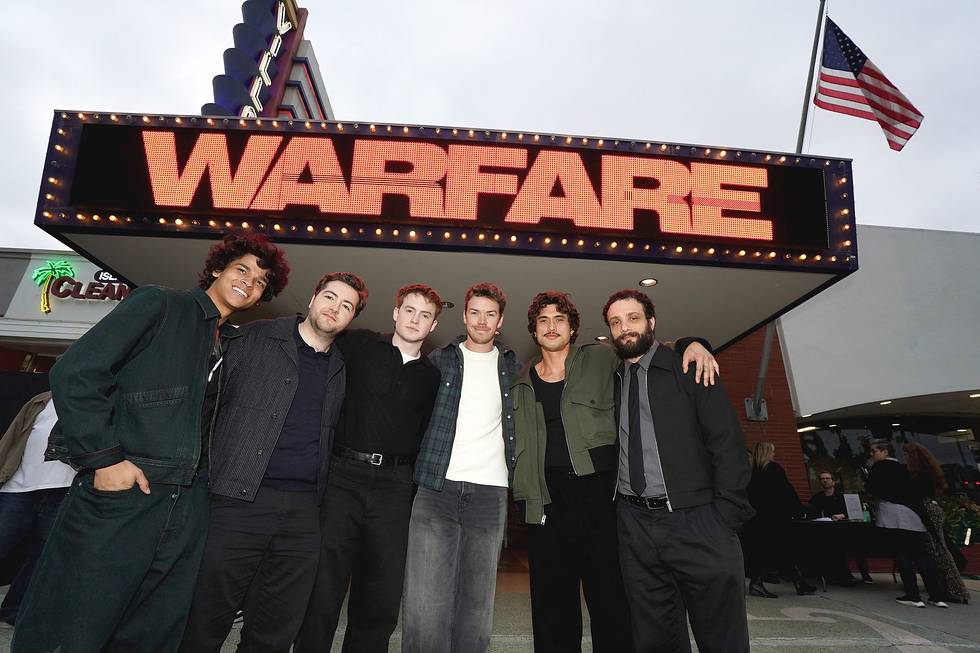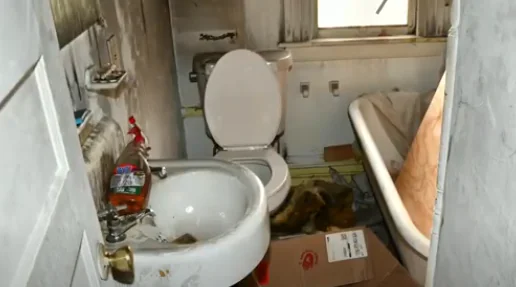In a significant move to address the unsolved violent crimes impacting Indigenous communities, the Department of Justice has announced the deployment of additional FBI agents to major cities across the United States, including Minneapolis. This initiative, aimed at supporting investigations into cases of violence against Native people, will see FBI personnel stationed in Minnesota for a period of 90 days. The expanded effort is a part of a broader initiative to provide dedicated resources to unsolved violent crimes against Indigenous people, which have long been neglected or insufficiently addressed.

A Long-Standing Crisis in Native Communities
The urgency of this announcement cannot be overstated. For years, Native communities in Minnesota, particularly Indigenous women, have faced a disproportionate amount of violence, with cases often going unsolved or receiving little attention from law enforcement. Demonstrations advocating for justice and raising awareness of these cases have been held annually, focusing on those who have gone missing under mysterious or violent circumstances. Among the most notable cases are that of Jojo Boswell, last seen in 2005, and Kateteri Michao, last seen in 2007. These cases are just a few examples of the many that have remained unresolved, leaving families and communities in search of answers.
Despite the challenges, there is hope that the recent surge in FBI resources will bring the attention and action necessary to bring justice to those affected by these crimes. The Minnesota Indian Women’s Sexual Assault Coalition has expressed its support for the expanded initiative, recognizing the significant role the FBI can play in investigating these unsolved crimes. Nicole Matthews, the CEO of the Coalition, has voiced her appreciation for the new resource allocation, stressing the importance of collaboration between law enforcement and tribal communities to achieve real progress.
A Disproportionate Impact on Indigenous Women
One of the most striking statistics underscoring the need for focused intervention is the disproportionate rate of violence experienced by Indigenous women. According to the Minnesota Bureau of Criminal Apprehension (BCA), although Indigenous women represent just 1% of the state’s population, they account for a staggering 10% of the women reported missing in 2024. This statistic is a clear indicator of the scale of the issue, which has long been underreported and underinvestigated. Many in the Native community have expressed frustration that such cases have often been dismissed or downplayed, and for many, this new effort by the FBI represents a long-awaited step toward accountability.
In addition to the FBI’s resource surge, Matthews has emphasized the importance of community involvement in addressing this crisis. “I look forward to connecting with those field officers as they are sent out to Indian country,” she said, acknowledging that while law enforcement resources are crucial, a more comprehensive approach that includes local communities is essential for long-term healing. This is where tribal involvement becomes paramount, as tribal leaders and community members often have unique insights into the issues at hand and can provide invaluable support in the investigative process.
Operation Not Forgotten: A Step Forward
The initiative, which is part of the broader “Operation Not Forgotten,” marks an expansion from previous years. In earlier years, the FBI had deployed 50 personnel for similar efforts, but now, with 60 agents being sent to 10 key states, including Minnesota, the effort is gaining momentum. The goal of the operation is to not only investigate unsolved violent crimes but also to build lasting partnerships with community leaders to prevent future violence. The agents will spend 90 days in each city before moving on to the next, ensuring that they can dedicate adequate time and resources to each investigation.
While Matthews and others in the Indigenous community are encouraged by the expanded resources, they also recognize that this is only one part of the solution. “We need to look at what our community response is,” Matthews noted. This shift in perspective is crucial, as the Coalition recently launched an initiative to build healing response teams across the state. These teams will work to support the families and communities affected by violence, offering not only emotional and psychological support but also helping to address the underlying issues that contribute to the cycle of violence.
Presidential Support and Long-Term Change
The initiative to address violence against Native communities has received support from the highest levels of government. In his first term, President Donald Trump signed an executive order to combat violence on tribal lands, and his successor, President Joe Biden, continued this effort by signing his own executive order. Under President Biden’s leadership, an advisory committee was formed to provide additional recommendations for combating violence against Indigenous people. The continuous support from both the Trump and Biden administrations highlights the bipartisan recognition of the severity of the problem and the need for sustained action.
Despite this, many in the Native community argue that there is still much work to be done. The FBI’s expanded presence in Minnesota is seen as a step forward, but it must be paired with a broader, more holistic approach to address the root causes of violence and ensure that justice is served for the many families still waiting for answers.
Looking Toward a Brighter Future
For many in Minnesota’s Native communities, the recent announcement of FBI resource expansion is seen as a beacon of hope. It signals that their voices are finally being heard, and that the injustices they have faced for so long may be given the attention they deserve. Yet, as Nicole Matthews and other leaders have emphasized, this is just one part of a much larger effort that must involve both law enforcement and the communities themselves working together for lasting change. It is only by combining these efforts that true justice can be achieved for the Native families whose pain has gone unheard for far too long.








